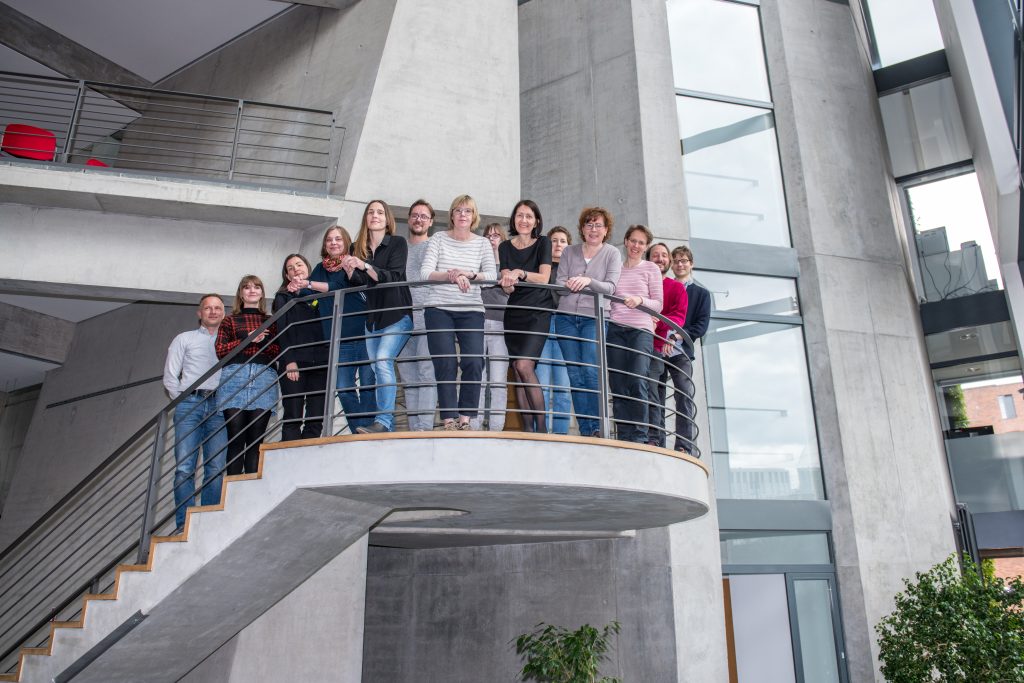- Innovationsfonds (G-BA)
Protocols on classification, monitoring and therapy in children’s rheumatology (ProKind)
The PRO-Kind-Consortium investigates the early pediatric rheumatology care of children and adolescents with juvenile idiopathic arthritis (JIA), juvenile systemic lupus erythematosus (SLE) and juvenile dermatomyositis (JDM). The aim is to analyze the extent to which the Treat-to-Target (T2T) recommendations of the Society for Pediatric and Adolescent Rheumatology (GKJR) are already being implemented in clinical practice and what treatment outcomes are achieved. To this end, more than 660 children and adolescents with JIA, SLE and JDM were included from 23 participating pediatric rheumatology centers and prospectively followed for about 12 months. The follow-up project PRO-Kind-T2T is investigating whether the treat-to-target approach can have a positive long-term effect on the course of the disease and reduce the disease burden of JIA. Both projects make a decisive contribution to the evidence-based further development of treatment guidelines for children and adolescents with JIA by the Pro-Kind Commission of the GKJR. The main goal of PRO-Kind is to optimize early care in order to improve the long-term prognosis and life perspectives of affected children and adolescents.
07/2019 – 12/2027
Klaus Tenbrock, Uni Aachen und Inselspital Universität Bern
Head of project
Results
PRO-Kind data show that the participating centers mostly applied the Treat-to-Target (T2T) principle in the treatment of JIA patients. These findings underscore the importance of standardized treatment approaches for the future of pediatric rheumatology care.
- Better therapy outcomes: The structured T2T approach led to significantly better outcomes for JIA compared to non-structured routine treatment.
- Harmonization of care: Consensus-based treatment protocols help to standardize care practices and promote early, targeted therapy.
- Positive effects: The results suggest that consistent early therapy for polyarthritis and systemic arthritis (Still’s disease) can greatly improve the prognosis of these severe forms of JIA.
Team
Notes on the project:
Procedures
AG Minden



